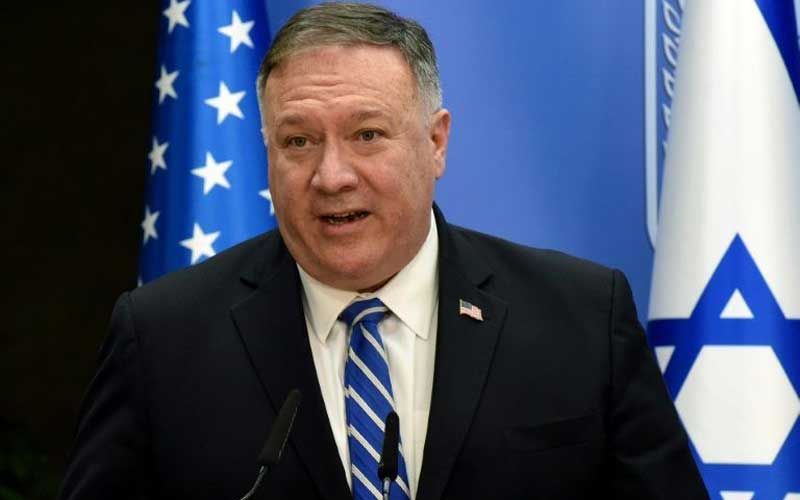×
The Standard e-Paper
Stay Informed, Even Offline

US Secretary of State Mike Pompeo (pictured) landed in Sudan Tuesday on a tour urging more Arab countries to normalise ties with Israel, following the US-brokered Israel-UAE agreement.